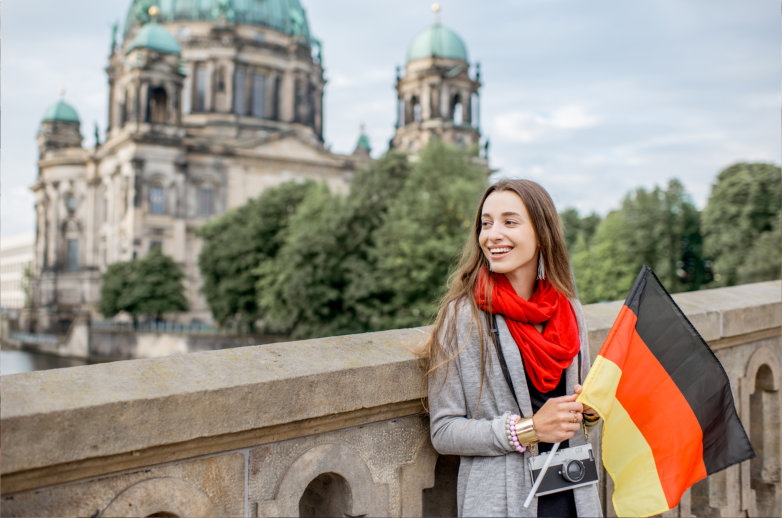How to Successfully Apply for a Visa to Germany: A Step-by-Step Guide
Germany is known for its rich cultural heritage, world-class education, and thriving economy, making it a popular destination for international travelers, students, and professionals. However, the process of obtaining a German visa can be complex and intimidating, particularly for individuals from countries like Pakistan. In this comprehensive guide, we will walk you through the step-by-step process of applying for a visa to Germany, shedding light on the various types of visas available for Pakistani applicants.
Understanding the Types of German Visas:
- Schengen Visa: This visa allows individuals to travel to Germany and other Schengen Area countries for short-term purposes, such as tourism, business meetings, and visiting family or friends.
- National Visa (D Visa): Also known as a long-stay visa, the National Visa allows individuals to stay in Germany for extended periods. It is typically issued for purposes such as employment, family reunification, or long-term study.
Step-by-Step Guide to Applying for a German Visa:
Step 1: Determine the Type of Visa You Need
Before starting your application, identify the specific visa category that matches your intended purpose for traveling to Germany. Is it for tourism, business, study, work, or family reunion? Your visa type will determine the documents and requirements you need to fulfill.
Step 2: Collect Required Documents
Each visa category has its own set of required documents. Commonly requested documents include:
- A valid passport.
- Visa application form.
- Passport-sized photos.
- Travel itinerary.
- Proof of accommodation.
- Proof of financial means to cover your stay.
- Health insurance.
- Supporting documents specific to your visa category (e.g., university acceptance letter for students, job offer letter for work visas).
Step 3: Complete the Visa Application Form
Visit the official website of the German Embassy or Consulate in Pakistan and download the visa application form. Fill it out accurately and legibly. Be thorough in your responses, as incomplete or incorrect information can lead to application delays or rejection.
Step 4: Schedule an Appointment
You will need to schedule an appointment to submit your visa application and biometric data (fingerprints and photograph) at the nearest German Embassy or Consulate. Appointment availability can vary, so plan ahead and book your slot well in advance.
Step 5: Attend the Visa Interview
On the day of your appointment, arrive at the Embassy or Consulate with all required documents and your visa application form. Be prepared for an interview with a consular officer who may ask questions about your travel plans and visa application.
Step 6: Pay the Visa Fee
Pay the non-refundable visa fee, which varies depending on your visa type and the purpose of your visit. Payment instructions can typically be found on the Embassy or Consulate’s website.
Step 7: Wait for Visa Processing
Visa processing times can vary, so it’s essential to apply well in advance of your intended travel date. Track your application status online if the option is available.
Step 8: Collect Your Visa
Once your visa is approved, you will receive a visa sticker in your passport. Ensure all the details are correct. If your application is rejected, you will receive a written explanation for the refusal.
Applying for a visa to Germany may seem daunting, but by following this step-by-step guide and diligently gathering the required documents, you can greatly increase your chances of a successful application. Remember that each visa category has its own specific requirements, so it’s crucial to tailor your application accordingly. Whether you’re planning to explore Germany’s historic cities, pursue higher education, or embark on a career journey, a well-prepared visa application is your key to experiencing all that Germany has to offer.

